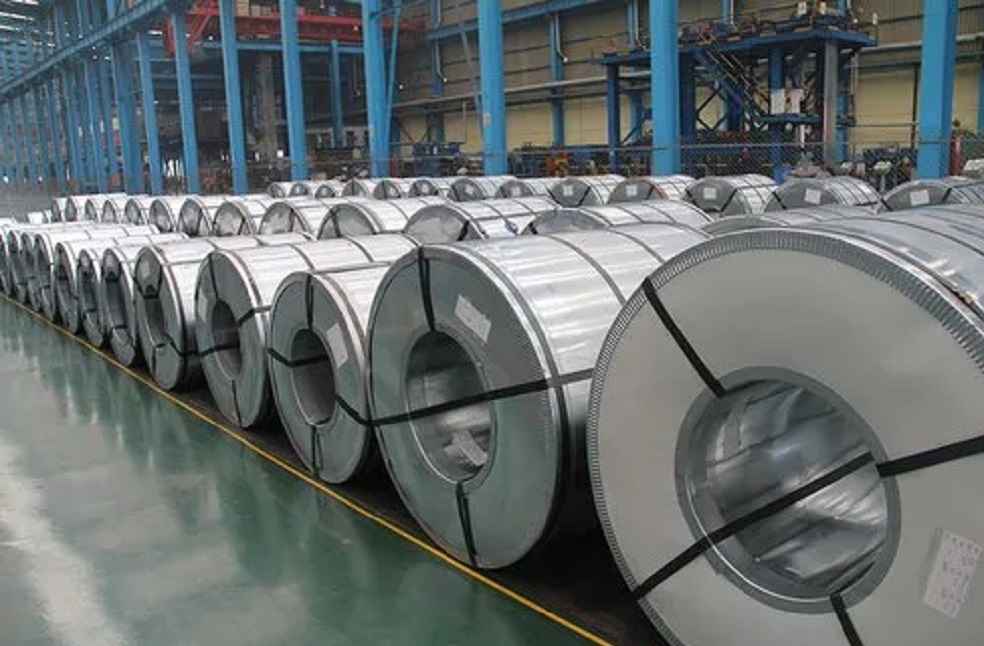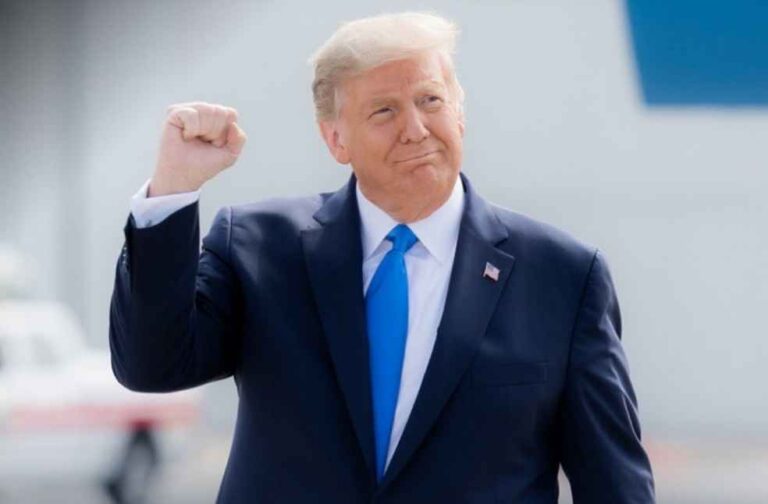On Friday, U.S. President Donald Trump declared plans to implement tariffs on imported automobiles around April 2. These auto import tariffs could potentially affect automakers from Japan, Germany, and South Korea. It remains unclear whether the auto tariffs are part of administration’s wider strategy for import tax increases in reaction to foreign tariffs on U.S. goods.
“I would have done them on April 1. I’m a little superstitious,” Trump Stated. “That costs a lot of money, just that one day, but we’re going to do it on April 2, I think.” The Commerce Secretary nominee Howard Lutnick indicated potential tariffs could take effect from April 2, following Trump’s directive to develop plans for reciprocal duties on imports.
“For many years, the U.S. has been treated unfairly by other countries, both friend and foe,” Trump remarked on Thursday as he initiated an investigation into trade conditions between the United States and other countries. Trump did not specify which countries might be affected and did not provide further details.

Japanese carmakers rely heavily on the U.S. market, as it’s the largest export destination for Japanese automakers taking one-third of their exports. They shipped approximately 1.44 million passenger cars to the U.S, as reported by the Japan Automobile Manufacturers Association. Major Japanese auto companies export vehicles to U.S. from their facilities in Canada and Mexico under the North American free trade agreement. Any tariffs applied to these countries would amplify the financial impact on Japanese manufacturers.
While Japan permits cars, trucks and buses to enter duty-free, the U.S. currently charges varying tariffs on Japanese vehicles – 2.5% on passenger cars, 25% on trucks, and 2% on buses. The U.S. and South Korea maintain a free trade agreement, ensuring that no tariffs are applied to cars imported between the two nations.

Trump emphasized that tariffs will protect numerous U.S. industries and reduce trade deficits. On Monday, he revealed 25% tariffs on all steel and aluminum imports, set to take effect on March 12. Regarding Nippon Steel Corporation’s halted plan to acquire United States Steel Corporation, the president reiterated that, although he opposes full ownership, he would be open to the major Japanese company holding a minority stake in the struggling American producer.
It is still uncertain which category the proposed auto tariffs will fall under. Trump mentioned the auto industry both when he introduced tariffs on all steel and aluminum imports and when he discussed reciprocal tariffs. A senior White House aide stated that U.S. trading partners employ varying tactics to gain advantages, noting that Japan maintains minimal tariffs but significant structural obstacles to trade.
Trump has directed his team to examine both tariff and non-tariff measures, including government subsidies and regulations that create uneven trading conditions.
POLICY & LAW | Trump Orders Reciprocal Tariffs on Trade Partners, Targets Canada’s Digital Tax



